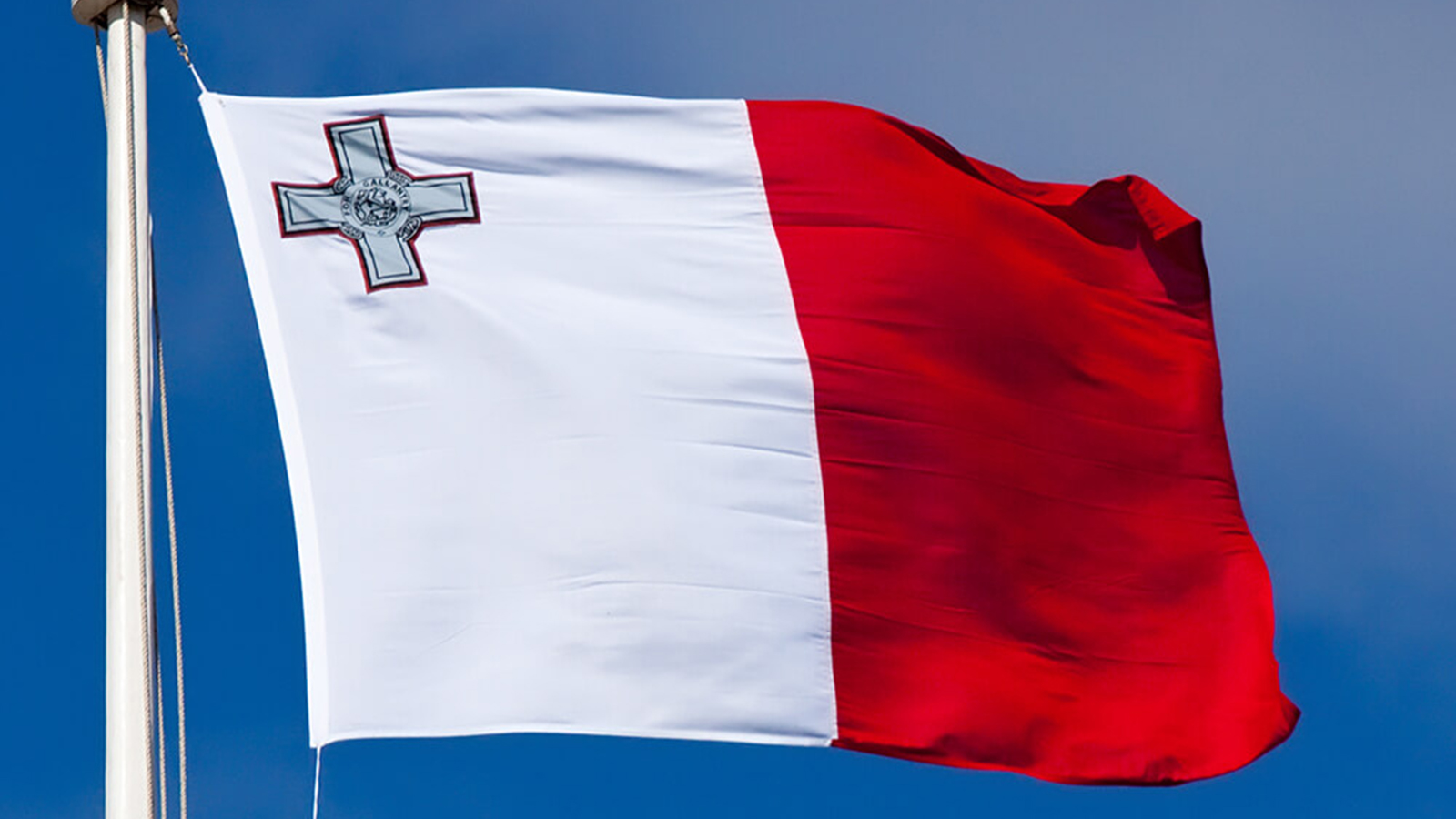Malta’s National Risk Assessment Unveiled

Malta, a key player in the global financial arena, recently released its 2023 National Risk Assessment (NRA), shedding light on the country’s exposure to various threats related to money laundering, terrorist financing, proliferation financing, and targeted financial sanctions. This comprehensive document serves as a crucial tool for subject persons, offering valuable insights into existing risks and facilitating the adjustment of compliance approaches and risk mitigation strategies.
Collaborative Effort: The Role of NCC in NRA Development
The National Coordinating Committee on Combating Money Laundering and Funding of Terrorism (NCC) spearheaded the development of the NRA. This initiative was a result of close collaboration with all government authorities engaged in the fight against financial crime and representative bodies from the private sector. The collaborative effort underscores the commitment to a holistic approach in addressing financial threats.
Positive Trends: Decline in Overall Money Laundering Residual Risk
One notable revelation from the 2023 NRA is the decrease in Malta’s overall money laundering residual risk compared to the 2018 assessment. This decline highlights the effectiveness of mitigating measures implemented by both authorities and the private sector. Across various sectors, including legal persons, trust and company service providers, banking, investment services, accountants and auditors, gaming, and virtual financial assets service providers, significant improvements have been observed.
Sector-Specific Improvements: A Closer Look
Legal Persons:
Legal entities in Malta have demonstrated enhanced risk mitigation strategies, contributing to the overall decline in money laundering risk. The NRA acknowledges the positive strides made in this sector.
Trust and Company Service Providers:
Entities providing trust and company services have also shown improvements, aligning their practices with regulatory standards and actively participating in risk mitigation efforts.
Banking and Investment Services:
The financial backbone of Malta, encompassing banking and investment services, has exhibited notable advancements in reducing money laundering risks, instilling confidence in the financial system.
Accountants and Auditors:
The professionals responsible for financial oversight have contributed significantly to risk reduction through improved auditing practices and adherence to regulatory guidelines.
Gaming and Virtual Financial Assets Service Providers:
In the ever-evolving landscape of gaming and virtual financial assets, Malta has made commendable progress, minimizing risks associated with money laundering within these sectors.
Remaining Challenges: Identifying Persistent Risks
Despite the overall positive trend, certain sectors, including financial institutions, real estate agents, and dealers in high-value goods, continue to face higher risks of money laundering. The NRA emphasizes the need for targeted measures in these areas to further mitigate potential threats.
Identified Risks: Unraveling Money Laundering Typologies
The NRA highlights specific risks that persist in Malta’s financial landscape. These include laundering proceeds from drug trafficking, involvement with foreign organized crime, and various forms of fraud, including cybercrime. Understanding these typologies is crucial for developing tailored strategies to counteract these evolving threats.
Money Laundering Typologies: Unveiling Higher Residual Risks
Abuse of Cash and Cash-Based Businesses:
The NRA flags the potential risks associated with the misuse of cash transactions and businesses heavily reliant on cash. Strategies to monitor and regulate these activities are imperative.
Maltese Registered Companies with Insufficient Links to Malta:
Complex corporate structures involving Maltese registered companies lacking sufficient ties to the country pose a higher risk. Enhanced due diligence measures are essential in such cases.
Complex Corporate Structures:
The involvement of intricate corporate setups amplifies the risk of money laundering. Streamlining and regulating these structures are vital to reduce associated threats.
Acquisition of High-Value Movable and Immovable Property:
The NRA points out the susceptibility of high-value assets to money laundering. Implementing stringent controls on property transactions is crucial for risk mitigation.
Terrorism Financing, Proliferation Financing, and Targeted Financial Sanctions: A Moderate Risk Assessment
While money laundering risks have seen a decline, the NRA identifies moderate risks associated with terrorism financing, proliferation financing, and targeted financial sanctions. Vigilance in these areas remains paramount to ensure comprehensive risk mitigation across the financial landscape.
Obligations for Subject Persons: Incorporating NRA Insights into Risk Assessments
The NRA serves as a critical reference point for subject persons, obligating them to integrate the identified risks into their risk assessment processes. This involves a thorough review and update of controls, policies, and procedures to align with the latest NRA findings, ensuring a proactive stance in mitigating potential threats.
Conclusion: A Call for Continued Collaboration
In conclusion, Malta’s 2023 National Risk Assessment provides a comprehensive overview of the country’s financial landscape, highlighting both improvements and persistent challenges. The collaborative effort between government authorities and the private sector reflects a commitment to a united front against financial crime. Subject persons must remain vigilant, incorporating NRA insights to strengthen their risk mitigation strategies and contribute to the overall integrity of Malta’s financial system.
FAQs:
What is the significance of Malta’s 2023 National Risk Assessment?
The NRA offers a comprehensive analysis of money laundering, terrorist financing, proliferation financing, and targeted financial sanctions, providing crucial insights for subject persons to enhance their risk mitigation strategies.
Who coordinated the development of the NRA?
The National Coordinating Committee on Combating Money Laundering and Funding of Terrorism (NCC) led the collaborative effort involving government authorities and the private sector.
Which sectors have shown notable improvements in reducing money laundering risks?
Sectors such as legal persons, trust and company service providers, banking, investment services, accountants and auditors, gaming, and virtual financial assets service providers have demonstrated significant progress.
What are the persistent challenges identified in the NRA?
Certain sectors, including financial institutions, real estate agents, and dealers in high-value goods, continue to face higher risks of money laundering.
What are some of the money laundering typologies highlighted in the NRA?
The NRA points out risks such as the abuse of cash and cash-based businesses, involvement with Maltese registered companies lacking sufficient links, complex corporate structures, and the acquisition of high-value movable and immovable property.
What are the moderate risks identified in the assessment?
Moderate risks are associated with terrorism financing, proliferation financing, and targeted financial sanctions, highlighting the need for ongoing vigilance in these areas.
How can subject persons integrate NRA insights into their processes?
Subject persons are obligated to review and update their controls, policies, and procedures based on the identified risks in the NRA, ensuring a proactive stance in mitigating potential threats.
What is the role of the NCC in combating financial crime?
The National Coordinating Committee on Combating Money Laundering and Funding of Terrorism (NCC) plays a key role in coordinating efforts between government authorities and the private sector to address financial threats.
Why are high-value movable and immovable properties considered susceptible to money laundering?
The NRA highlights the susceptibility of these assets to money laundering, emphasizing the need for stringent controls on property transactions to mitigate associated risks.
How has Malta’s overall money laundering residual risk changed compared to the 2018 NRA?
Malta’s overall money laundering residual risk has decreased, indicating the effectiveness of mitigating measures implemented by authorities and the private sector.
Recommended Posts

Overview of Business Finance in Malta
May 17, 2024

Malta’s iGaming Frontier – Best Brands
May 17, 2024





